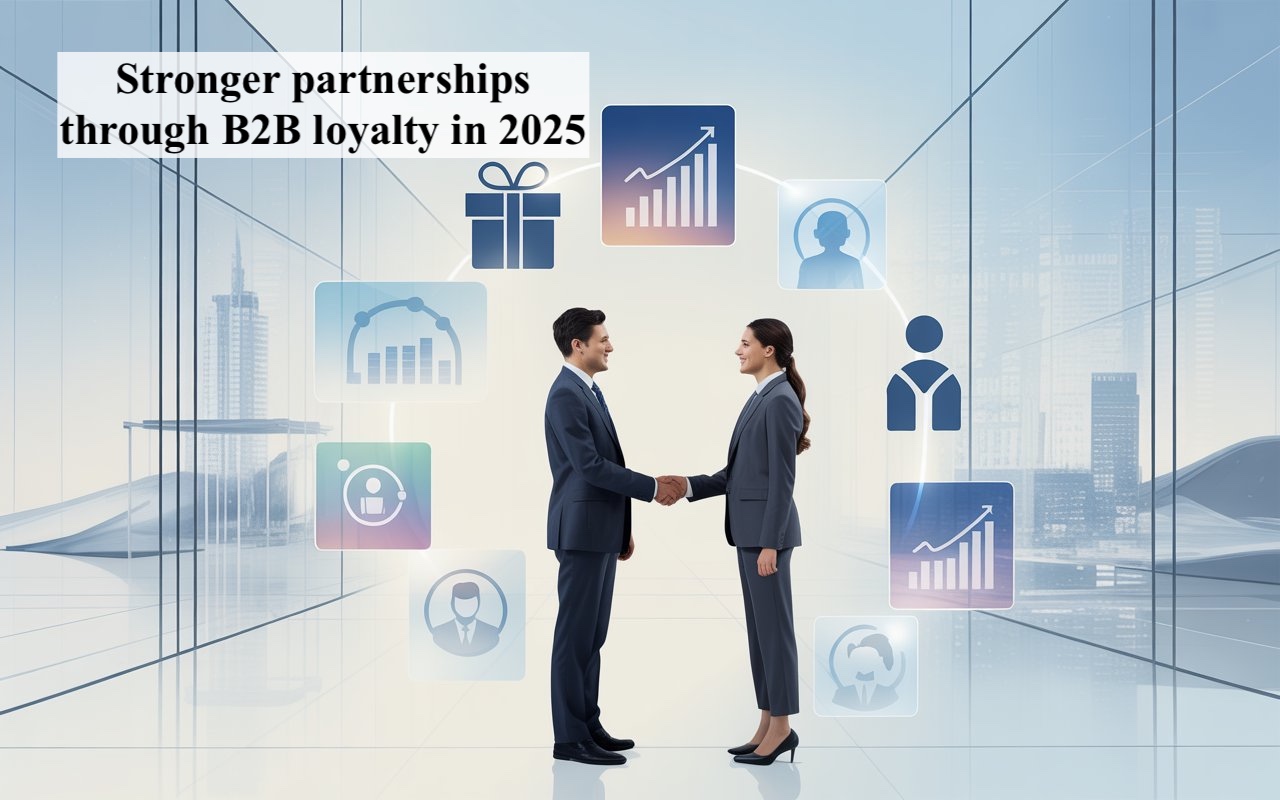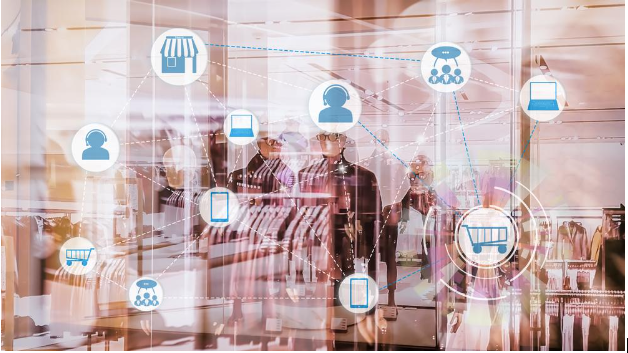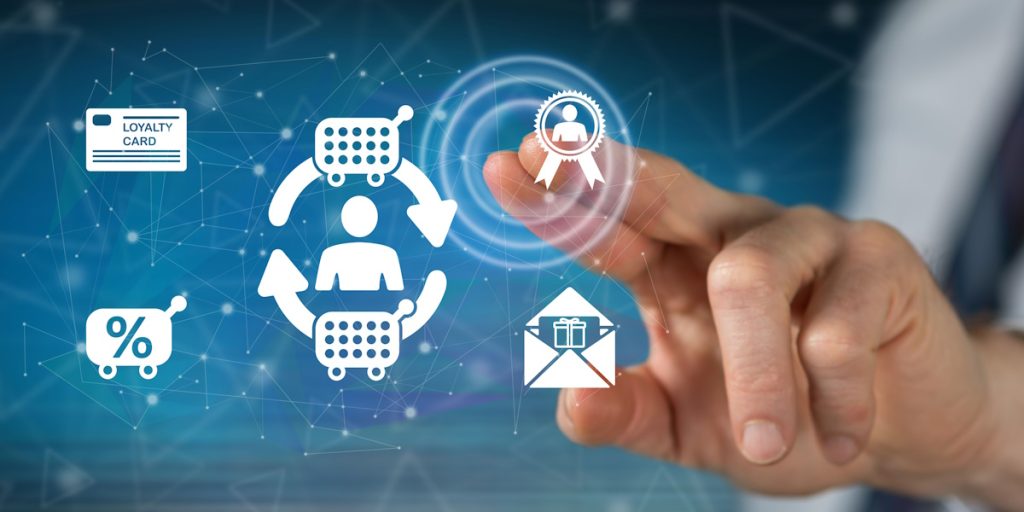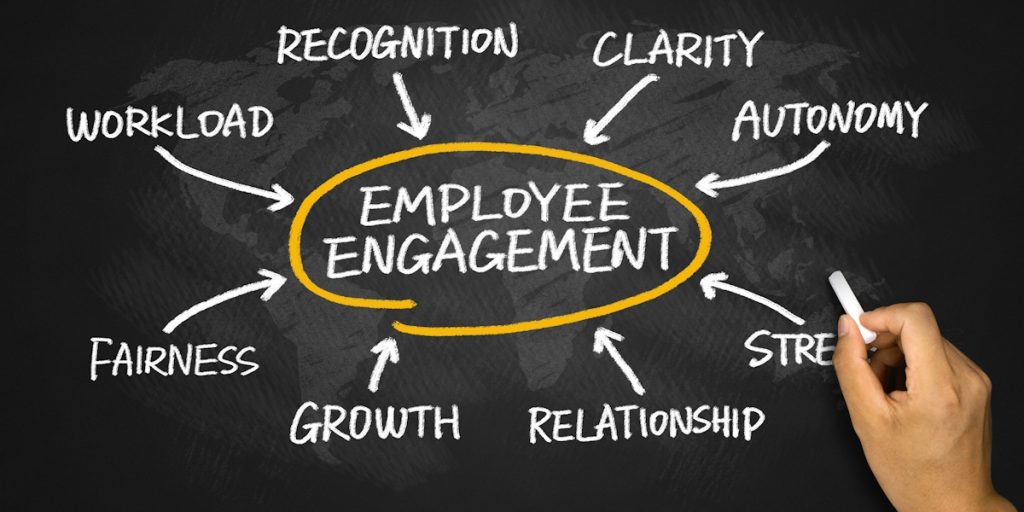The business world keeps shifting, but one thing stays the same — strong relationships drive long-term success. Companies are no longer just selling products or services; they are building partnerships that last. That’s why B2B loyalty programs have become more valuable than ever in 2025. They are not just about rewarding purchases but about creating a deeper bond between businesses and their clients.
With growing competition and smarter buyers, customer retention has become harder than before. Companies are realizing that loyalty is no longer a result — it’s a strategy. A well-planned loyalty program gives businesses a way to reward trust, encourage repeat sales, and gather valuable insights into what their clients truly want. It’s the foundation for stable growth in a changing market.
The Growing Importance of B2B Loyalty in 2025
The year 2025 is shaping up to be a defining moment for customer relationships. Many companies are facing tighter budgets, higher expectations, and stronger competition. B2B clients are seeking value beyond price — they expect personalized experiences and consistent recognition. This is where B2B loyalty programs make a difference.
By offering rewards, exclusive access, or even personalized business solutions, these programs help brands strengthen relationships and retain high-value clients. According to several recent studies, loyal customers are more likely to continue buying, refer new clients, and show trust during uncertain times. This is not just good for sales — it’s essential for building long-term business resilience.
How B2B Loyalty Programs Strengthen Client Relationships
Building Trust and Long-Term Engagement
Trust is the heart of any business partnership. When a company rewards consistent purchases or engagement, it shows appreciation for its clients. Loyalty programs that recognize clients for their ongoing business make them feel valued and understood.
Programs like the Best B2B Loyalty Program use this principle to keep clients close. They don’t just hand out rewards; they tailor them to fit client needs. This creates a feeling of partnership rather than a simple transaction.
Encouraging Repeat Business and Higher Spending
Clients who feel appreciated often buy more and stay longer. By offering tier-based incentives, volume-based rewards, or exclusive deals, businesses can encourage steady sales. When structured properly, a B2B loyalty program becomes a powerful driver for repeat business and predictable revenue streams.
Aligning Loyalty with Business Goals
Loyalty initiatives work best when they match a company’s larger objectives. A B2B Loyalty Strategy should not stand alone — it should connect directly with sales targets, marketing plans, and customer experience goals.
When loyalty programs are aligned with overall strategy, they do more than retain clients. They increase market share, boost cross-selling, and enhance brand reputation. Every reward, recognition, or benefit should support a larger business outcome. Companies that align loyalty with their growth plan often see higher ROI and stronger client partnerships.
Personalization: The Heart of B2B Loyalty
One of the biggest trends in 2025 is personalization. Businesses no longer want generic offers. They want rewards and experiences that match their unique preferences and purchasing habits. Through data insights and behavioral tracking, companies can design loyalty programs that feel personal and relevant.
This makes every interaction more meaningful — and it’s a proven way to boost retention. Read more about Personalization in B2B Loyalty and how it helps businesses retain their best clients. When loyalty programs understand individual client needs, they shift from being marketing tools to relationship-building systems.
Technology and Data Powering Modern Loyalty Programs
The evolution of technology has taken B2B loyalty to a new level. Advanced CRM systems, AI analytics, and automation tools allow businesses to manage rewards and track engagement more efficiently. These tools help companies collect insights, predict future needs, and adjust loyalty structures accordingly.
Data-driven programs help companies understand which rewards work best and which clients are at risk of leaving. This kind of intelligence leads to smarter decisions, better client experiences, and improved program performance.
The Future of B2B Loyalty: Relationship Over Revenue
While profits remain a key measure of success, the future of loyalty is rooted in relationships. In 2025, the most successful businesses will be those that prioritize trust, consistency, and value in every client interaction.
B2B loyalty programs will continue to play a major role — not only as a marketing tactic but as a long-term growth strategy. Companies that commit to rewarding loyalty, offering personalized experiences, and aligning rewards with strategic goals will see stronger partnerships and lasting success.
Final Thoughts
B2B loyalty is no longer optional — it’s essential. As competition rises and clients become more selective, companies need reliable ways to stand out and stay connected. Loyalty programs offer that bridge — combining recognition, rewards, and relationships that drive mutual growth.
If your business hasn’t yet invested in a structured B2B loyalty program, 2025 is the perfect time to start building one that aligns with your goals and keeps your clients coming back.
Ready To See How A B2b Loyalty Program Can Strengthen Your Client Relationships In 2025?




